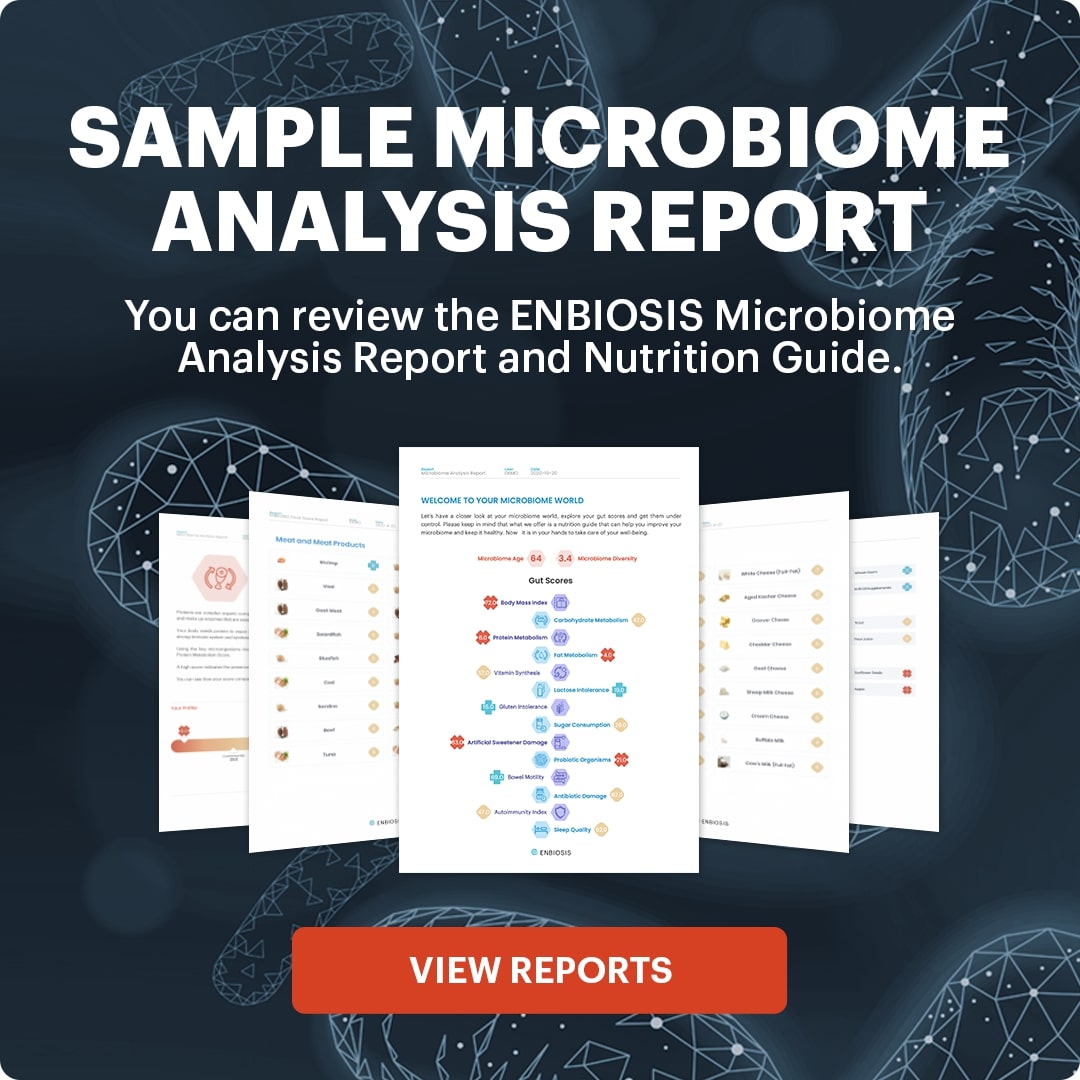As the world becomes more and more connected, integrated health is becoming more and more important. By working together to maintain our health both physically and mentally, we can stay on top of our game and live healthier lives. In this article, we’ll explore some of the best ways to integrate integrative health into your life, so you can live a healthier and happier life!
Integrated health aims whole person’s health. So what is whole-person health? It refers to restore multiple interconnected domains such as biological, behavioral, social, and environmental healing rather than just treating disease. Besides connections between organs and body systems, research of integrated health expands the understanding of the connections between various aspects of health.
Table of Contents
Why Integrated Health?
The Answer Is Pretty Simple: It Protects Your Mind and Body! One of the healthiest ways we can live our everyday lives, in addition to exercising and eating healthy food, is by practicing yoga or an alternative form of physical activity at least once a week (preferably both).
Integrated health services take a holistic approach, promoting people and preventing disease. Impacts range from cognitive health to behavioral health to mental illness and chronic diseases such as diabetes or heart problems.
Integrated health is like a wellness clinic which takes the whole person into consideration. It places more emphasis on social, emotional and mental well being as compared to physical wellness itself.
In this article we will find out what Integrated Health means for people who want to live healthier lives with them enjoying better quality of life in all aspects of their lives including general well but not limited to improved sleep, nutrition habits, exercise habit etc
There are many wellness options available for various age groups. Some of these include wealth, social support, stress management and inexpensive wellness alternatives like massage therapy.
Integrated health brings together two approaches in a coordinated way which are conventional and complementary approaches.
Conventional Health Care
Conventional health care is include medical doctors and other healthcare professionals (such as nurses, pharmacists, and therapists). They treat symptoms and diseases using drugs, radiation, or surgery. This approach is the most well-known treatment method worldwide.
We can count conventional health care approaches like;
- Medication
- Physical rehabilitation
- Psychotherapy
Conventional health care approaches are based on the results of scientific research and are currently accepted and widely used. But we have less research has been done for most types of complementary therapy. For example, acupuncture may be used with certain drugs to help lessen cancer pain or nausea and vomiting. Also called complementary medicine.
Complementary health approaches like,
- Acupuncture
- Yoga
- Probiotics
- Nutrition therapies
- Massage therapy
- Hypnosis
- Meditation
In various combinations.
Integrative approaches and health-related behaviors such as eating balanced, being physically active, and not smoking, can reduce serious diseases risks. There are some researches are looking at if complementary and integrative approaches have a role in promoting healthy behaviors. For example:
- Yoga and meditation-based therapies may help smokers quit.
- In a study funded by the National Cancer Institute, complementary health practitioners,
- Chiropractors
- Acupuncturists
- Massage therapists were successfully trained to provide evidence-based smoking cessation interventions to their patients.
Nutrition is an important part of this equation, and it’s no wonder that it’s considered one of the most integrated health services. By understanding your microbiome and feeding your bacteria the right foods, you can help promote a healthy balance in your body and help reduce your risk of developing chronic diseases.
How is Microbiome Therapy is a Part of Integrated Health Approach?
Your microbiome is your set of individual microbes that live with you. It is composed of
- Beneficial bacteria,
- Viruses,
- Fungi
- Organisms that effect your entire help and have been there your entire life.
The organisims which are living in with us are keep working for our wellbeing. They are in everywhere, in our intestines, on our skin, our nose, mouth.. everywhere. And the organisms present in our microbiome have a great influence on our health. Thats why the better we take care of our microbiome, the healthier we will be.
When we came to the question of how to take care of our microbiome, in microbiome therapy, the process proceeds completely holistically.
The microbiome is influenced by almost everything that we live in, what is happening around us. Mother’s nutrition, birth type, nutrition after birth, diseases that have been passed on shape our microbiome structure step by step from birth.
When considering internal and external factors affecting the microbiome nutrition therapy applied to structure the microbiome is one of the most important Integrated health approaches.
Conclusion
In integrated health approaches we need to think about everything effecting human health. Basically if we want to care enviromental, psychological and physical health its mean we are taking action to prevent unwanted effects before they appear. Thats why getting to know your micobiome, your metabolism is the first step towards a whole health.
As ENBIOSIS Biotechnology firstly we are helping you to know your metabolism. As you get to know your microbiome and understand how it is affected by nutrients and supplements, your owerall health will be more sustainable.
https://www.hsph.harvard.edu/nutritionsource/microbiome/
https://awcim.arizona.edu/Microbiome-and-gut-health-integrative-medicine
https://www.nccih.nih.gov/health/complementary-alternative-or-integrative-health-whats-in-a-name


